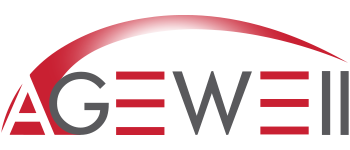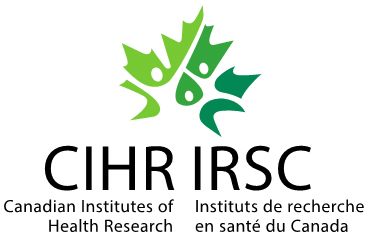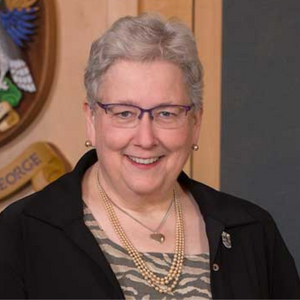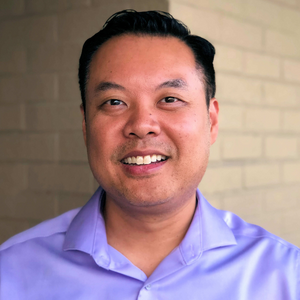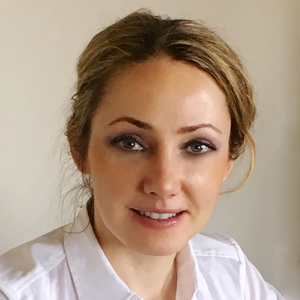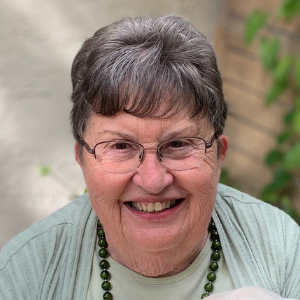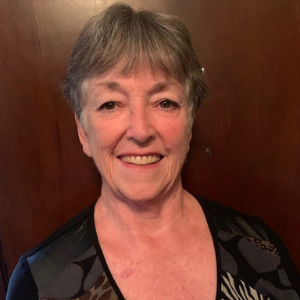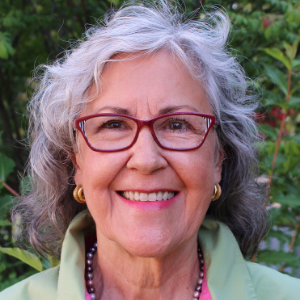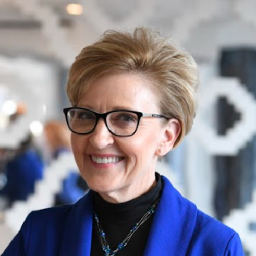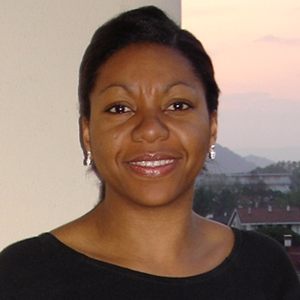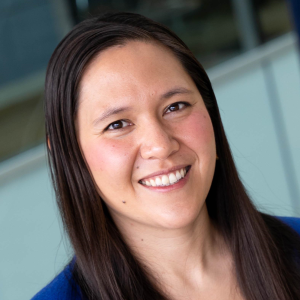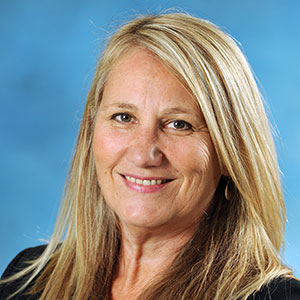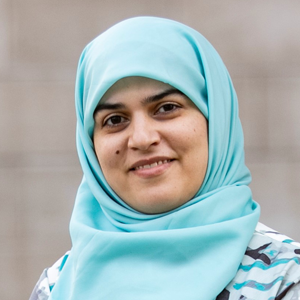AGE-WELL, UHN and EPIC-ATE ELEVATE EDI WEBINAR SERIES: Gendered Ageism
Date: October 31, 2023
Speaker: Dr. Paula Rochon, Founding Director, Women’s Age Lab, University of Toronto, Dr. Olive Bryanton, Older Adult Advocate, AGE-WELL OACAC Member, University of PEI, Sherry Baker, Older Adult Advocate, AGE-WELL OACAC Co-Chair, Dr. Azadeh Yadollahi, Moderator, Senior Scientist, KITE, Toronto Rehab, University Health Network
- Understanding the concept of gendered ageism, recognizing how ageism and sexism intersect, leading to discrimination against individuals, especially women, based on both age and gender.
- Gaining awareness of economic disparities faced by older women, driven by factors like the gender pay gap and career interruptions.
- Recognizing how gendered ageism impacts the involvement of older adults in research. Emphasizing the importance of inclusive research practices involving older adults throughout the process.
- Understanding the significance of collecting sex and age disaggregated data, including considerations for gender identity.
- Acknowledging biases, conscious or unconscious, in the treatment of older adults. Avoiding generalizations and appreciating the diversity within the older population for a more respectful and nuanced approach.
Digital Ageism: A Challenge of Modern Times
Date: July 27, 2023
Speaker: Drs. Shehroz Khan and Charlene Chu, KITE, UHN and Universty of Toronto.
- Gaining insight into the various types of biases that AI algorithms may exhibit, including but not limited to demographic, cultural, and systemic biases.
- Understanding the concept of digital ageism and its implications, especially in relation to the exclusion of older adults from technological advancements.
- Learning about the far-reaching consequences of digital ageism, exploring how biases in technology can limit the access and opportunities for older individuals in the digital ageism.
- Strategies for mitigating ageism and other biases during the processes of data collection and the development of AI algorithms, fostering inclusivity and fairness.
- Importance of ethical considerations in AI development and are equipped with knowledge to actively contribute to the promotion of ethical AI practices that prioritize fairness and inclusivity.
Briser les barrières et ouvrir des voies de carrières non traditionelles
Date: July 13, 2023
Speaker: Drs. Kamran Afzali, Khedidja Seridi, Flamine Alary, Pascale Béliveay, Yves Terrat (Team members of Consortium Santé Numerique, Université de Montréal)
- Gaining valuable insights into the experiences and challenges faced by individuals transitioning from academic to non-traditional career paths, providing a deeper understanding of the dynamics involved.
- Exploring how professionals successfully navigate transitions between diverse projects, highlighting the significance of adaptability and continuous learning in non-linear career trajectories.
- Recognizing the importance of intentional reflection and planning during career transitions, emphasizing the role of self-assessment and goal-setting in achieving successful and fulfilling career changes.
- Acquiring practical strategies and advice from the speakers on pursuing post-academic careers, offering actionable insights for individuals contemplating similar transitions.
- Delving into discussions about the future prospects and aspirations for non-traditional career paths, considering the evolving landscape and opportunities for those seeking diverse and impactful professional journeys.
Housing as Key Determinant of Health for Older LGBT Canadians
Date: June 7, 2023
Speaker: Dr. Jacqueline Gahagan, Mount Saint Vincent University
- Investigating the intricate connection between housing conditions and the health outcomes of older LGBT Canadians, emphasizing the role of stable and affirming living environments in overall well-being.
- Highlighting the specific challenges faced by older LGBT individuals in housing due to discrimination, emphasizing the need for inclusive policies to counteract these issues.
- Evaluating existing housing policies and legal frameworks, focusing on how well they cater to the unique needs and concerns of older LGBT Canadians.
- Exploring potential housing solutions and support systems that can be customized to meet the distinct needs of older LGBT adults, promoting inclusivity and comfort.
- Identifying areas where further research and knowledge development are necessary to enhance our understanding of the housing issues faced by older LGBT Canadians.
Comment la robotique interactive peut contribuer au bien-être des personnes âgées?
Date: May 18, 2023
Speaker: Dr. François Michaud, Ph.D, Département de génie électrique et informatique de l’Université de Sherbrooke
- Understanding interactive robotics basics and applications for the well-being of older adults.
- Recognizing interdisciplinary collaboration’s importance in research projects across physiotherapy, psychiatry, education, and cognitive sciences.
- TExploring the integration of autonomous robotic systems in real-world environments, especially in healthcare and rehabilitation.
- Identifing challenges and opportunities in developing and deploying robotic solutions for the elderly, considering cost and insurance coverage.
Canada’s Digital Health Journey
Date: March 30, 2023
Speaker: Simon Hagens, Senior Director, Performance Analytics, Canada Health Infoway
Description: Canada Health Infoway is a federally not-for-profit and pan-Canadian health organization. Over the past 20 years, it has been actively digitizing healthcare in Canada and has worked closely with provincial, federal and territorial partners to achieve its goals. One of the biggest goals of Infoway has been to digitize core elements of personal healthcare information and allow for a seamless exchange across healthcare systems and settings. Hagens presents quantitative data on the impact digitizing health services has on older adults and the impact it has on patient empowerment. Other issues presented: digital health services during the pandemic and the benefits of digital health prescription services.
- Understanding the role of organizations like Canada Health Infoway in improving access to personal health information and quantitative data resources.
- Gaining knowledge on what it means to coordinate better access to care and communication between medical practitioners and older adult clients.
- The benefits of digital health solutions and processes for older adult Canadians.
- The impact of digital health solutions on patient empowerment.
- Issues of health equity and inclusive access of digital health services.
Industry and Policy: Developing and Implementing the Next Generation of Care Models
Description: Best Buy Health has been a leader in improving the lives of older adult Canadians through technology and partnerships within academia. Best Buy Health focuses on addressing the changing needs of older adults and in what ways technology can help them and their caregivers live independently and healthily. Examples are given about how partnerships (ex. with AGE-WELL NCE) and collaboration models can help support long-term and widescale adoption of technologies, including digital health solutions. This presentation highlights the impact of industry and academic partners working together to advance technology’s role in helping older adults age in place.
- Recognizing the impact of caregivers’ involvement of older adults with digital health solutions home design
- Exploring the role of technology in improving older adults’ lives and opportunities to age in place.
- Gaining insights on the benefits of collaborating with industry partners when developing new digital health solutions and advancing care models in Canada.
- How to work with older adult stakeholders to better understand what they need
Enhancing Access to AgeTech: Harnessing Evidence and Insights from Citizens and System Leaders
Date: February 14, 2023
Speaker: Dr. Michael Wilson, McMaster University
Description: There is an ongoing effort to strengthen evidence-based support systems in Canada that promote implementing digital health solutions for older adults. Policy development, mainly those shared by the Global Commission on Evidence, helps understand what pertinent issues of older adult Canadian healthcare need to be addressed. Some of these include equitable access to assistive technology, remote-monitoring technology to help older adults age-in-place, and tech use in long-term care. Dr. Wilson emphasizes the importance of how older adult citizen panels and steering committees can help shape policy decisions and the inequity of healthcare.
Learning outcomes:
- Understanding the importance of evidence-based decision-making in enhancing access to AgeTech solutions.
- Recognizing the challenges faced navigating and accessing programs for assistive technologies–which can lead to inequitable access to AgeTech.
- Learning about the role of citizen panels and steering committees in shaping and addressing access gaps in the AgeTech sector.
- How to make and develop a policy around AgeTech for older adults with complex health needs.
The Challenges of Deploying Large-Scale Digital Health-Based Support to Older Adults Aging at Home: When Deep Space Offers Opportunity
Description: With the growing population of older adults with complex health needs and the need for more digital health solutions, there is an increasing number of challenges for older adults that want to age–in–place. One of the biggest challenges is the large-scale implementation and deployment of these innovations, ex—holistic digital monitoring. Dr. Joanette presents the potential of using emerging technologies like AI and medical systems used in deep space exploration to leverage this issue. Innovations such as wearable sensors and AI-driven health monitoring systems show how remote healthcare can be successfully deployed.
Learning Outcomes:
- Understanding the challenges of deploying large-scale health-based support to older adults.
- Recognizing the potential of Canada’s expertise in health research and emerging technologies for advancing autonomous medical systems in space.
- Learn about complex health conditions that challenge older adults to age at home.
- New approaches and perspectives to digital health solution design.
Accessibility when Introducing New Technologies to Older Adults
Date: January 17th, 2023
Speakers: Dr. Kim Sawchuk (Director of ACT, Research Chair of Mobile Media at Concordia University), Constance Lafontaine (Associate Director of ACT) and Dr. Ash McAskill (Programs Coordinator, AGE-WELL).
Description: The work of the Ageing + Communication + Technologies (ACT) project addresses the experiences of older adults with new communication technologies. The speakers discuss the challenges of digital access for older adults, such as income and limited use of smartphone functionalities. Using examples from past and current ACT projects, such as digital literacy workshops and collaborative initiatives with community organizations working with older adults, they share their insights on making new technologies more accessible to older adults.
Learning outcomes:
- Understanding the Ageing+Communication+Technologies (ACT) and its experiences of older adults and new communication technologies.
- Recognizing the challenges older adults face when accessing digital technologies, mainly related to low-income housing.
- Gaining insights into the impact of digital literacy workshops and collaborative initiatives when working with community organizations.
- Promising practices on the accessibility of new technologies for older adults.
